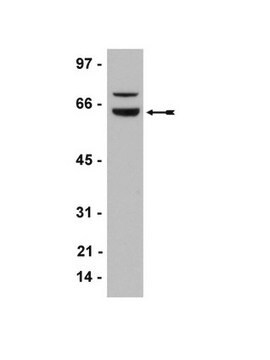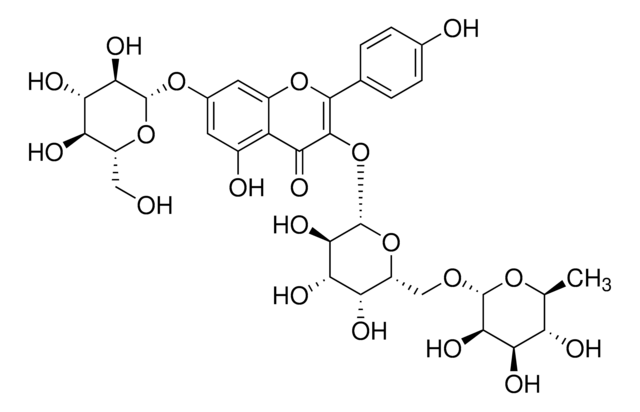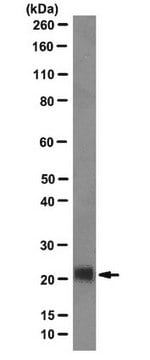SAB2501867
Anti-NPR3 (C-terminal) antibody produced in goat
affinity isolated antibody, buffered aqueous solution
Sinónimos:
ANPRC, GUCY2B, NPRC, natriuretic peptide receptor C/guanylate cyclase C (atrionatriuretic peptide receptor C)
About This Item
Productos recomendados
biological source
goat
conjugate
unconjugated
antibody form
affinity isolated antibody
antibody product type
primary antibodies
clone
polyclonal
form
buffered aqueous solution
species reactivity
mouse, human, canine, pig, rat, bovine
technique(s)
immunohistochemistry: suitable
indirect ELISA: suitable
western blot: suitable
UniProt accession no.
shipped in
wet ice
storage temp.
−20°C
target post-translational modification
unmodified
Gene Information
human ... NPR3(4883)
Categorías relacionadas
General description
Immunogen
Application
Biochem/physiol Actions
Features and Benefits
Physical form
Disclaimer
Not finding the right product?
Try our Herramienta de selección de productos.
Storage Class
10 - Combustible liquids
wgk_germany
WGK 2
flash_point_f
Not applicable
flash_point_c
Not applicable
Certificados de análisis (COA)
Busque Certificados de análisis (COA) introduciendo el número de lote del producto. Los números de lote se encuentran en la etiqueta del producto después de las palabras «Lot» o «Batch»
¿Ya tiene este producto?
Encuentre la documentación para los productos que ha comprado recientemente en la Biblioteca de documentos.
lipolysis in subcutaneous adipocytes of obese
type 2 diabetic men
Nuestro equipo de científicos tiene experiencia en todas las áreas de investigación: Ciencias de la vida, Ciencia de los materiales, Síntesis química, Cromatografía, Analítica y muchas otras.
Póngase en contacto con el Servicio técnico







